Former Democratic Party Chairman Lee Jae-myung.
According to a poll conducted by Realmeter released on April 21, candidate Lee Jae-myung, former chairman of the Democratic Party, topped the list with 50.2% of the votes. This is the first time Mr. Lee has surpassed the 50% support mark.
The survey was conducted among 1,504 adults last weekend. Former Labor Minister Kim Moon-soo, a candidate for the ruling People's Power Party (PPP), came in second with 12.2 percent, up 1.3 percentage points from last week, but still trailing far behind the leader. Former PPP leader Han Dong-hoon received 8.5 percent; Daegu Mayor Hong Joon-pyo received 7.5 percent, and PPP lawmaker Na Kyung-won received 2 percent.
Factors that help Mr. Lee increase the gap with his competitors
Analysts say Lee Jae-myung is leading the race for South Korea’s Blue House thanks to a combination of shrewd political strategy, voter appeal and taking advantage of the current political climate. Lee has adjusted his political strategy from a leftist stance to a more pragmatic approach, focusing on private-sector-led economic growth and international cooperation. This has helped him attract support from moderate voters and investors, while reducing political polarization in a deeply divided South Korean society.
After President Yoon Suk-yeol was impeached and removed from office for declaring martial law, Lee Jae-myung quickly announced his candidacy for the presidential by-election scheduled for June 3. He pledged to address economic inequality and political polarization through increased government investment in technology and talent development, cementing his image as a leader capable of restoring political stability and promoting economic growth.
According to a survey by The Korea Times, Lee Jae-myung received strong support from young voters (especially those aged 18-29) and voters in Jeolla Province, which has a strong tradition of supporting the DP. This shows that Mr. Lee is able to connect with important voter groups and maintain broad support within the party.
Many people believe that Lee Jae-myung stands out with his decisive leadership style and strong personal image. He has attracted international attention when participating in important political events, especially related to the impeachment of President Yoon Suk-yeol and playing an important role in leading the Democratic Party during the recent political crisis. This image has helped him build credibility and attract support from voters.
In addition, Lee Jae-myung received great support from within the DP. On April 18, the DP jointly held the first televised debate among party candidates. The three candidates, former party chairman Lee Jae-myung, former South Gyeongsang Province Governor Kim Kyung-soo, and Gyeonggi Province Governor Kim Dong-yeon, debated policies in key areas for 80 minutes. On the same day, candidate Lee Jae-myung visited Daegu City, home to many conservative voters, and pledged to turn Korea into a powerhouse of cultural and artistic content. Mr. Lee also pledged to build a city on the sea as part of the megacity project between Busan, Ulsan, and South Gyeongsang Province, as well as a bio-vaccine industry project in Daegu City and North Gyeongsang Province.
"Problems" that need new authorities to find solutions
Recent opinion polls show that Mr. Lee Jae-myung is likely to win the upcoming presidential election. However, if he becomes the new President of South Korea, Mr. Lee will have to focus on solving many difficult "problems".
The Constitutional Court of South Korea's decision to impeach President Yoon Suk-yeol is generally seen as an act to end the long-standing political deadlock after Yoon Suk-yeol unexpectedly declared martial law in South Korea. This decision and subsequent developments in the National Assembly and society have pushed South Korea into a serious political and social crisis. The main cause is the disagreement between two political factions: the National Assembly is controlled by the Democratic Party, while the President (before being impeached) belongs to the PPP, leading to a situation of "divided government" - unable to pass important bills, especially the budget, economic reform and even high-level personnel appointments. The two sides often criticize and veto each other, unable to reach consensus, causing people to lose confidence in the effectiveness of the country's governance. And the impeachment of President Yoon Suk-yeol is the culmination of this confrontation - initiated by the Democratic Party after Mr. Yoon's controversial moves.
Political divisions have affected social relationships. A study by The Korea Times found that 41 percent of people refuse to eat with people who hold opposing political views, and many feel uncomfortable marrying someone with different political views. The “us and them” mentality is widespread, creating a toxic social environment, especially on social media and the media. Therefore, the top priority of the new government in South Korea is to reduce polarization and build a more united society.
The South Korean economy is going through a difficult period with slowing growth, declining exports and difficulties in key industries. Fiscal and monetary policies are being implemented to support the economy, but their effectiveness depends on many factors, including domestic politics and international trade relations.
In April 2025, South Korea's exports fell 5.2% year-on-year, mainly due to a sharp decline in exports to the United States and China, its two major trading partners. According to the latest forecast, South Korea's GDP growth in 2025 may only reach around 1.5% to 2%, lower than the potential growth target of 2%. This reflects the difficulties and challenges facing the new South Korean President in reviving the country's economic growth.
In South Korea’s view, the security challenges and threats from North Korea, especially its nuclear and missile programs, are increasing. The nuclear issue is not only a strategic threat, but also a constant psychological, economic and political burden for the South Korean people. In the current political instability, it is essential to develop a clear policy and national consensus on how to deal with this issue.
The new South Korean president will not only be the head of the executive branch, but also the “national mediator.” In the current polarized environment, the ability to create consensus and overcome partisan interests to put the national interest first will be a vital challenge for any South Korean leader in the coming term.
Hung Anh (Contributor)
Source: https://baothanhhoa.vn/cuoc-chay-dua-vao-nha-xanh-ung-vien-lee-jae-myung-noi-rong-khoang-cach-246349.htm


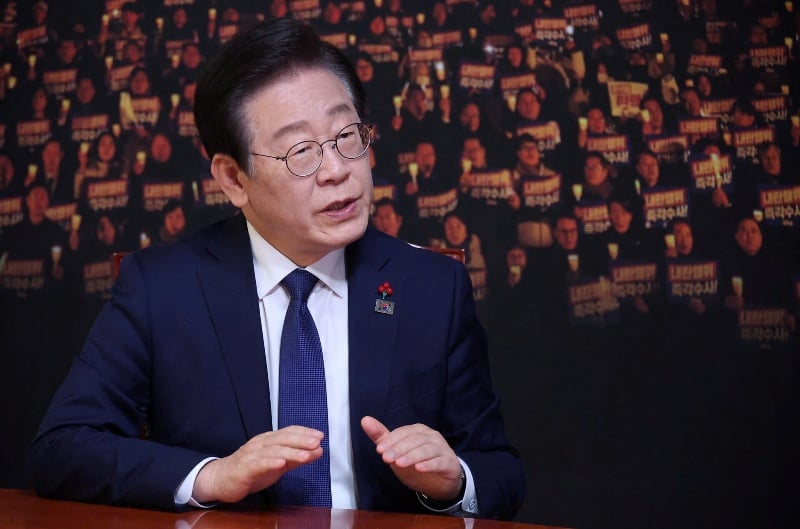
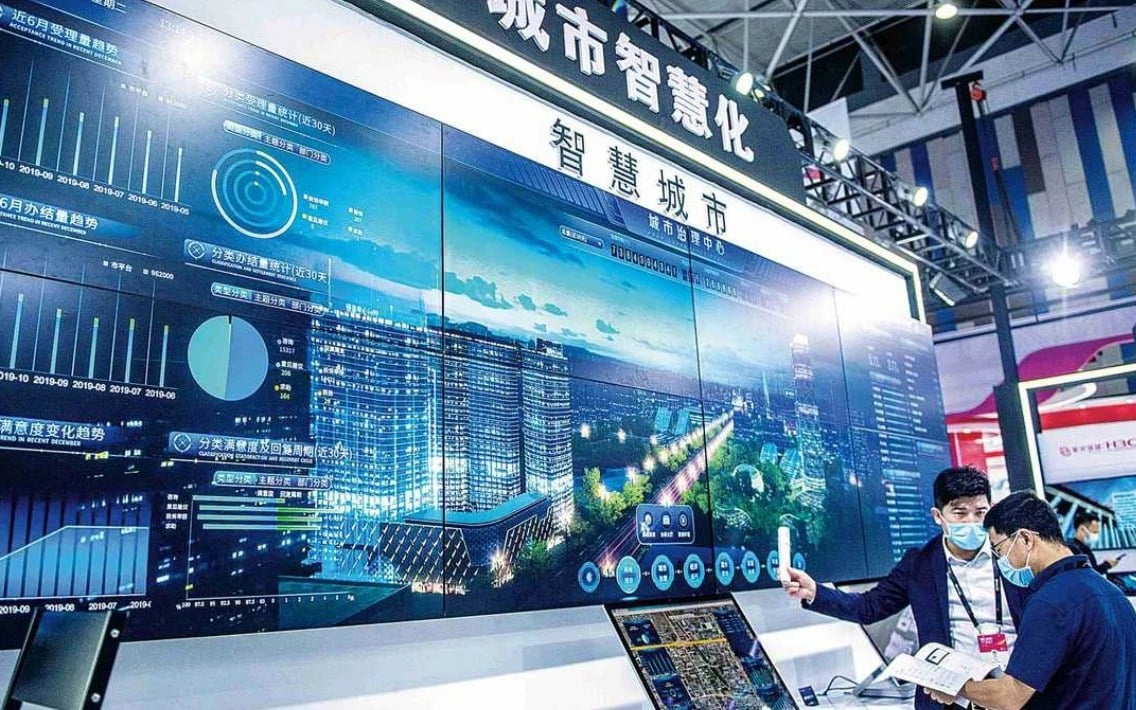

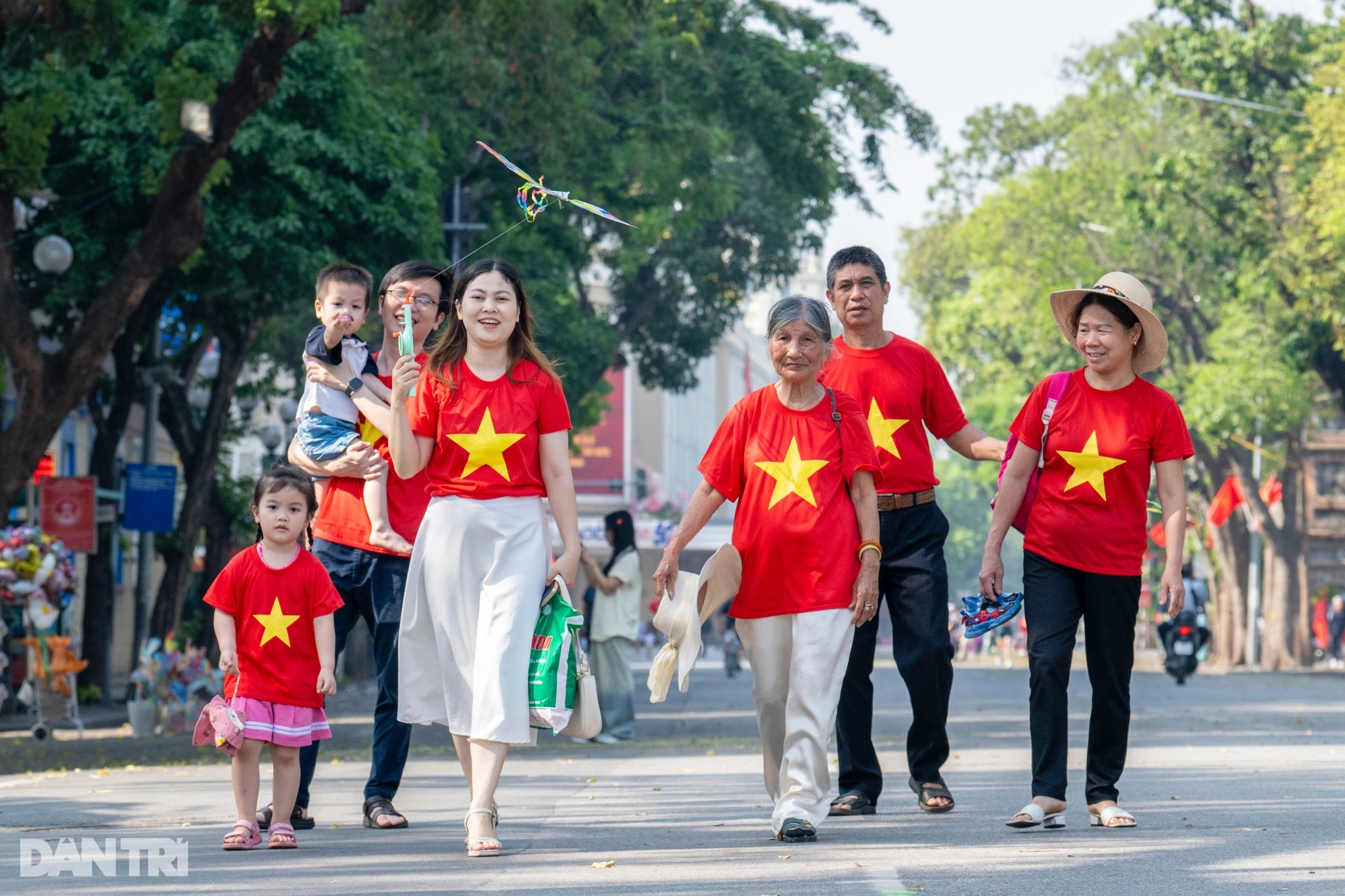
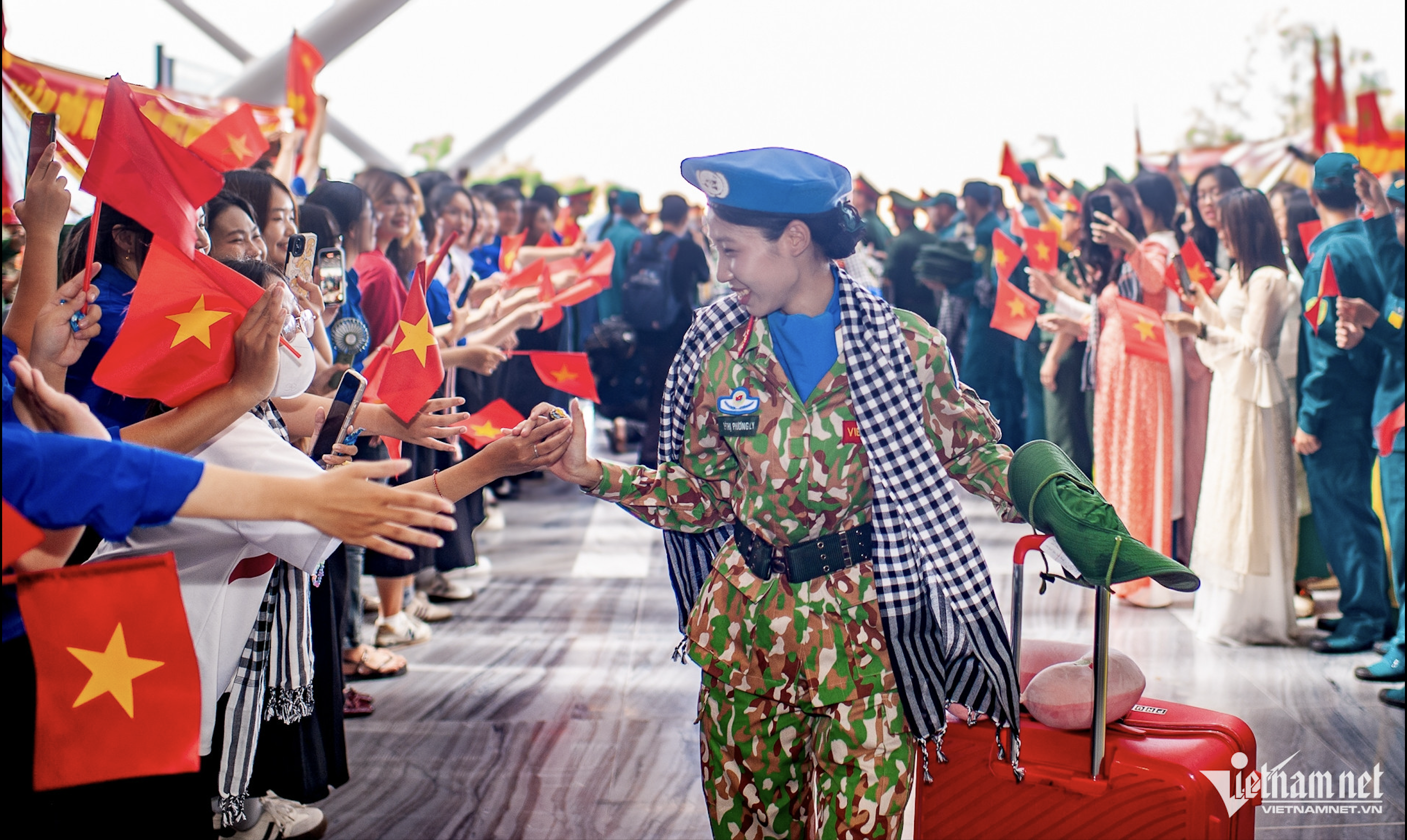
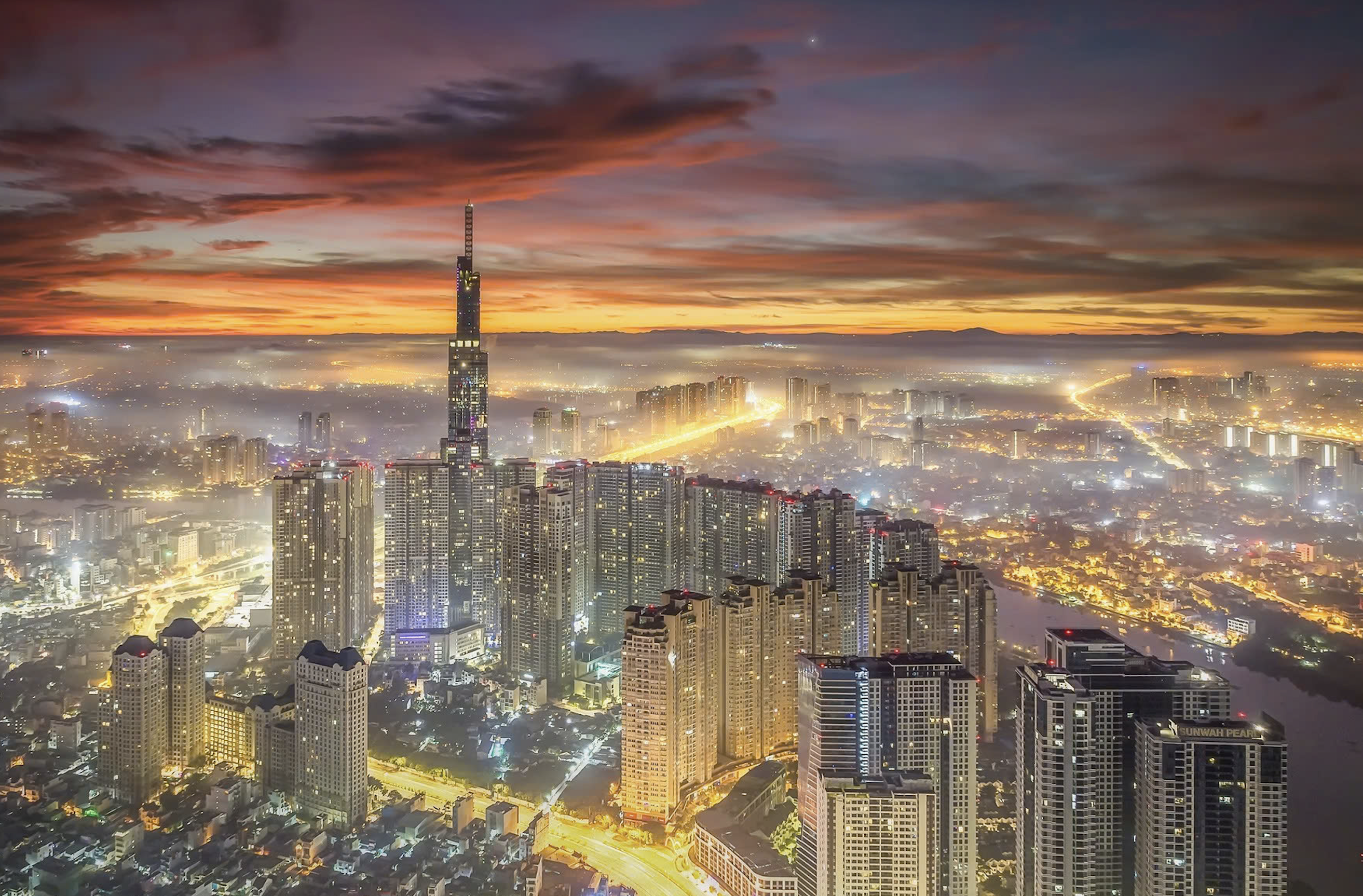
![[Photo] Bustling construction at key national traffic construction sites](https://vstatic.vietnam.vn/vietnam/resource/IMAGE/2025/5/2/a99d56a8d6774aeab19bfccd372dc3e9)
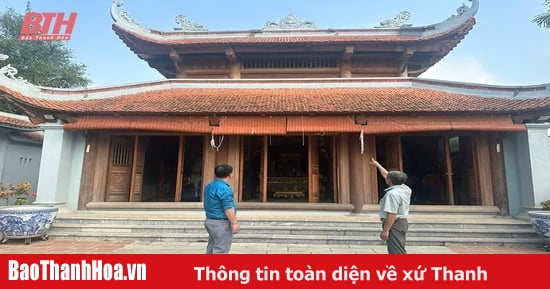
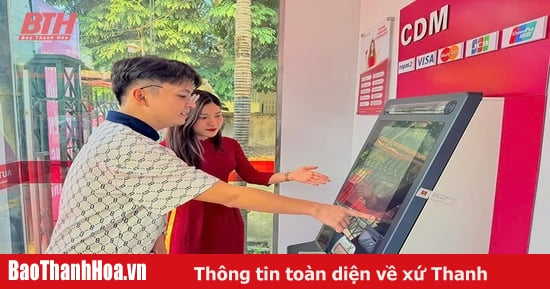
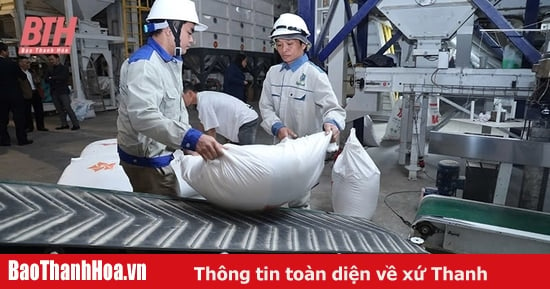
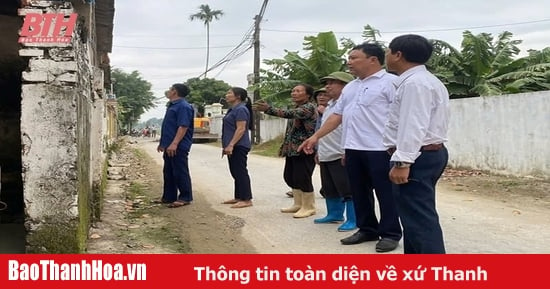
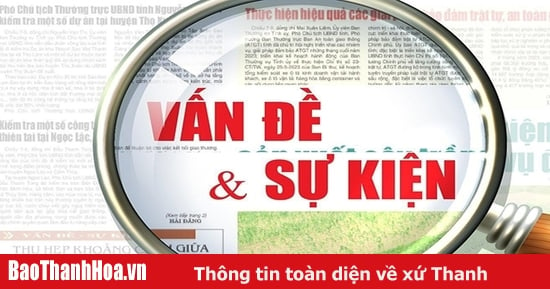
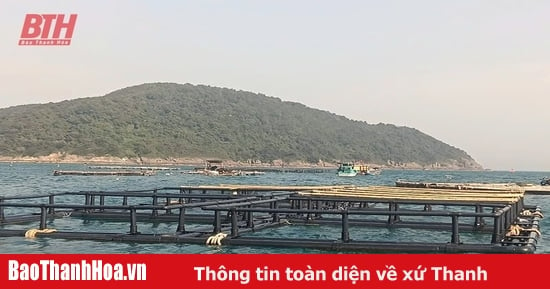


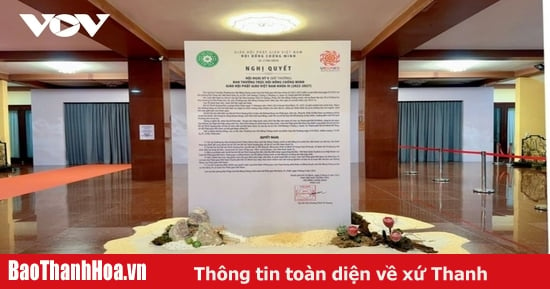


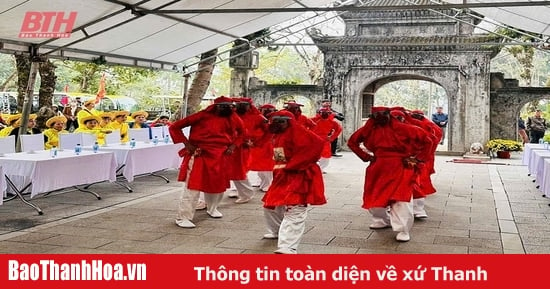
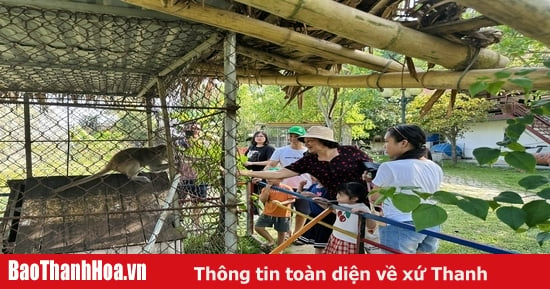
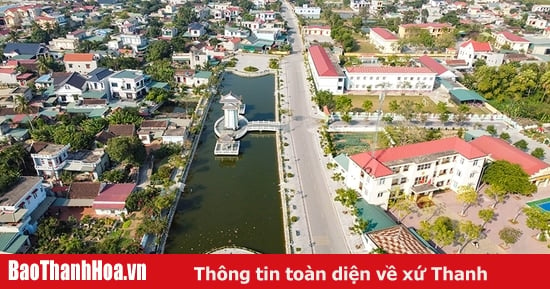
![[Photo] Binh Thuan organizes many special festivals on the occasion of April 30 and May 1](https://vstatic.vietnam.vn/vietnam/resource/IMAGE/2025/5/1/5180af1d979642468ef6a3a9755d8d51)

![[Photo] "Lovely" moments on the 30/4 holiday](https://vstatic.vietnam.vn/vietnam/resource/IMAGE/2025/5/1/26d5d698f36b498287397db9e2f9d16c)
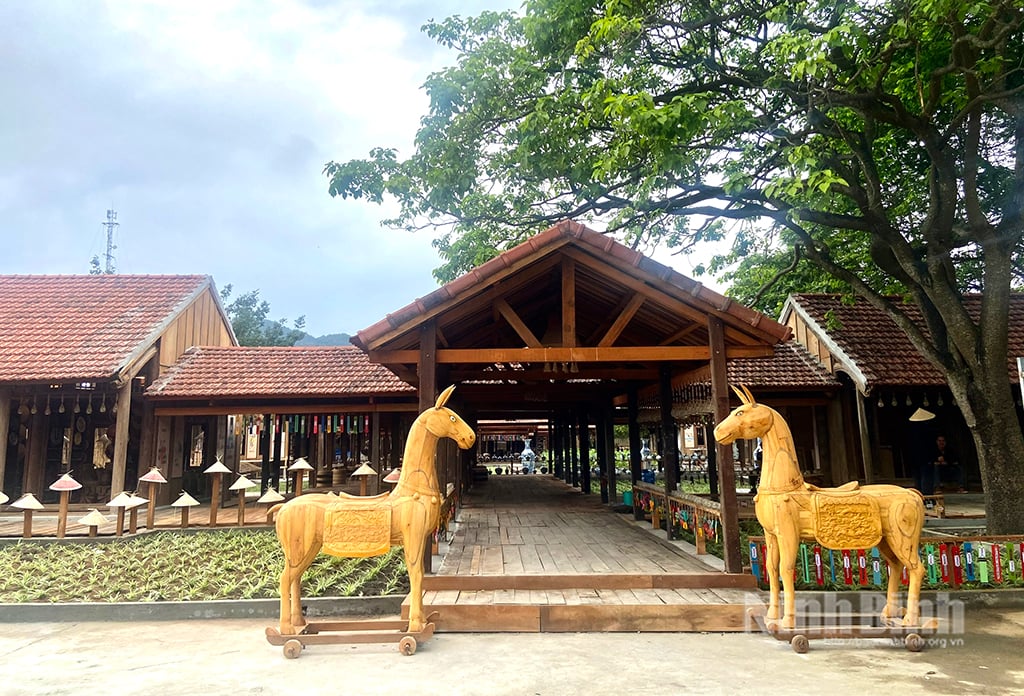



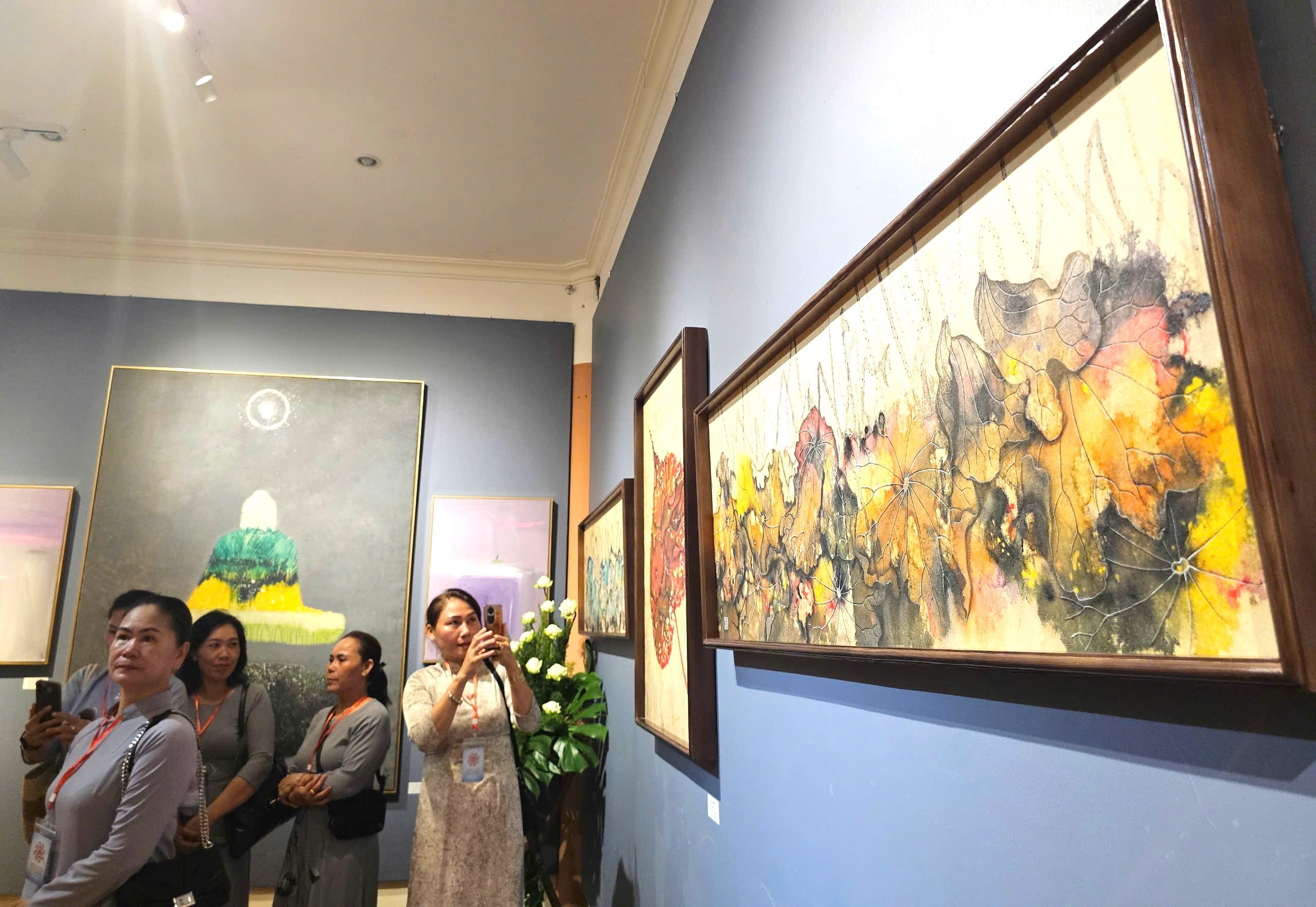

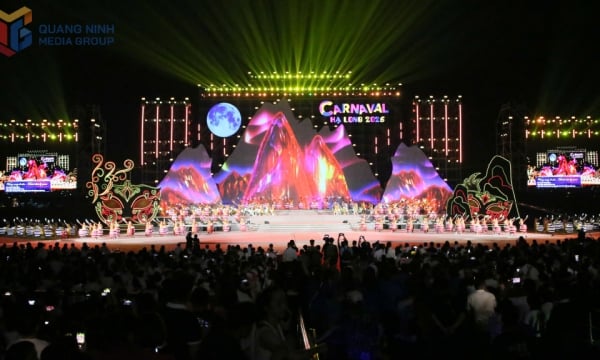



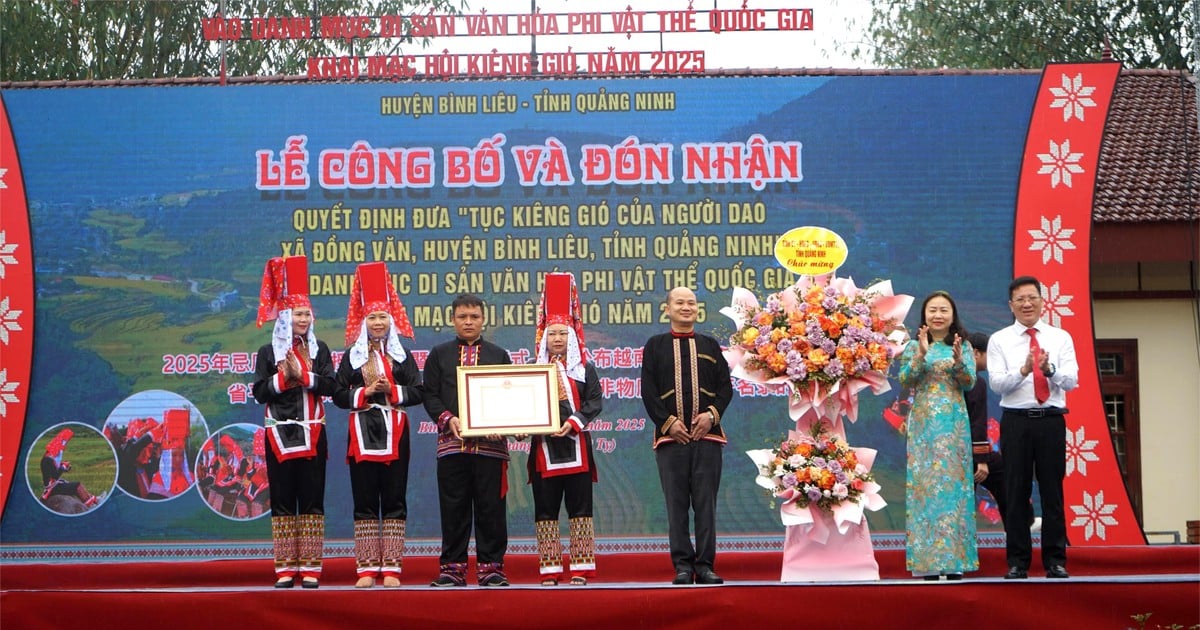
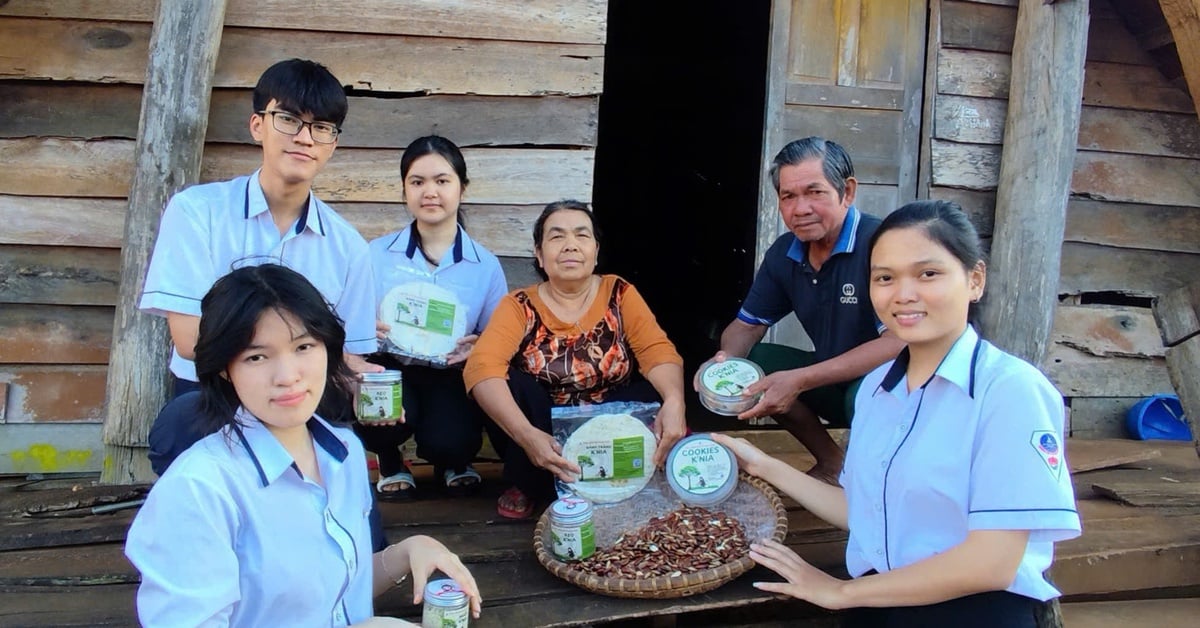

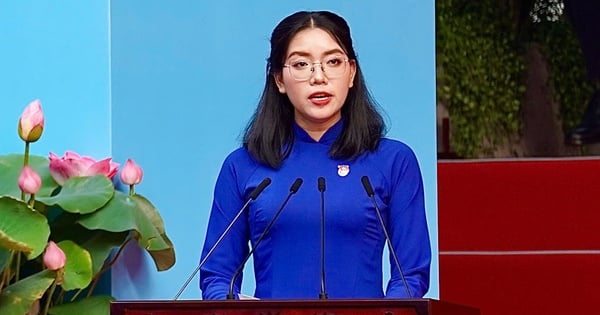



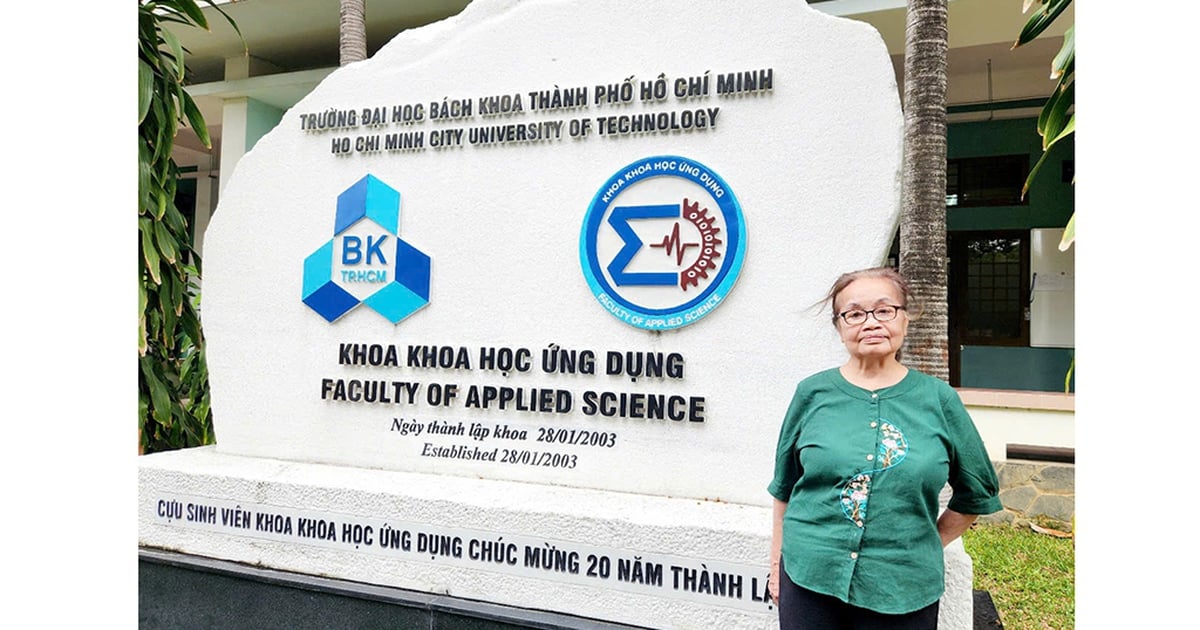

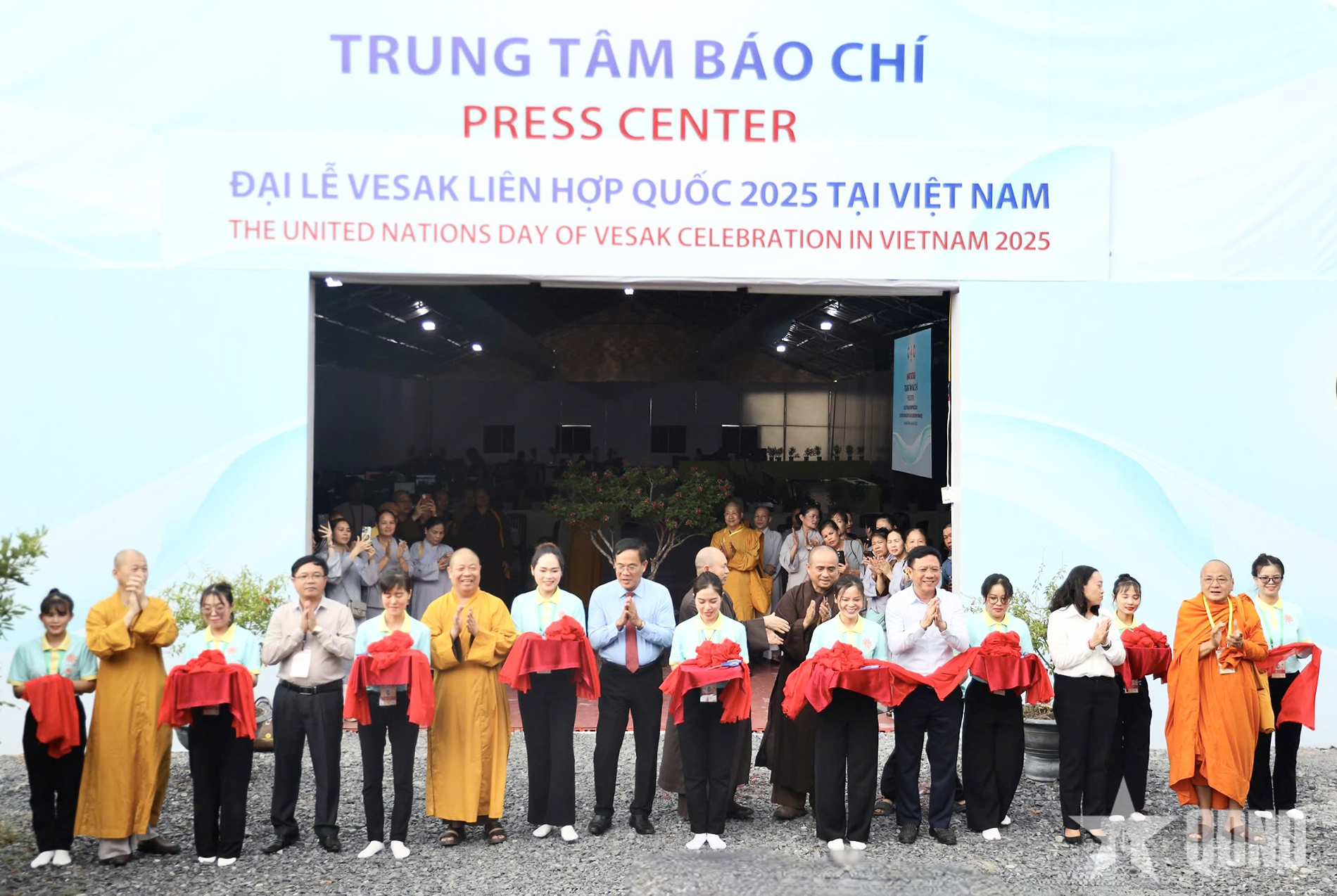

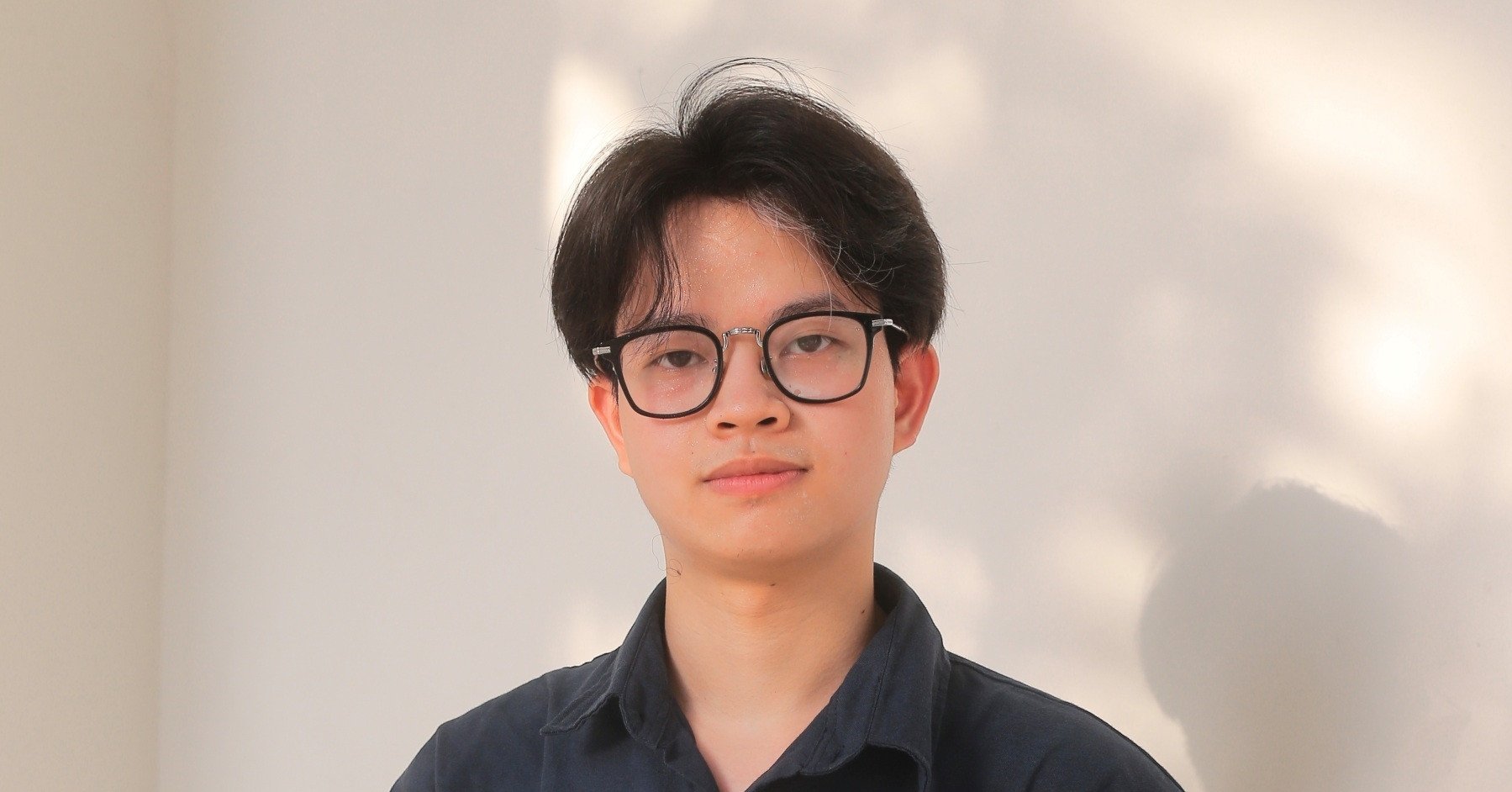









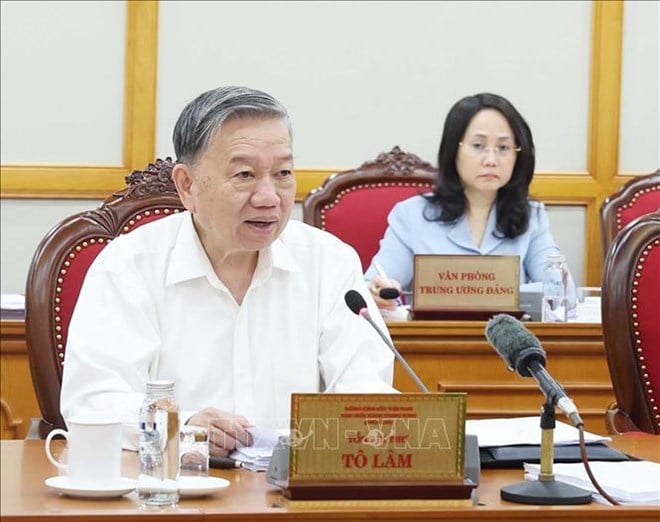

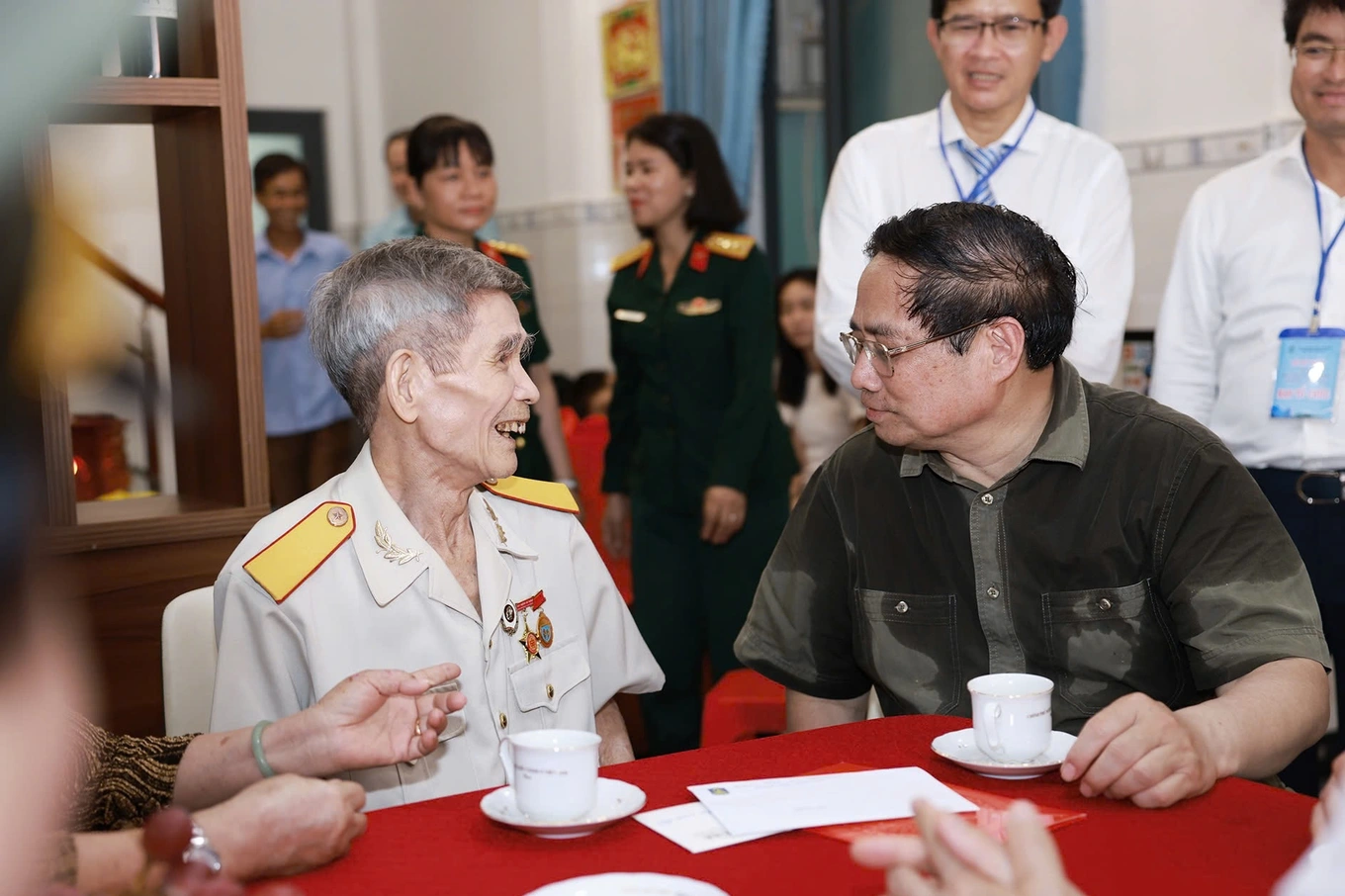

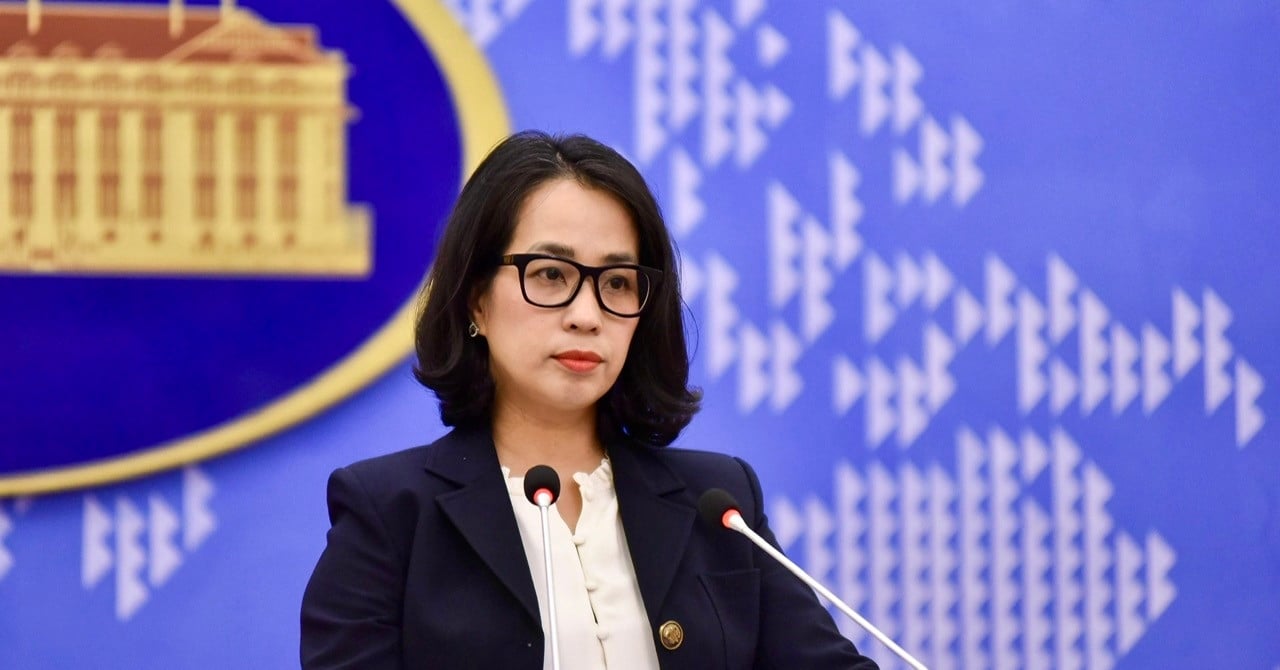
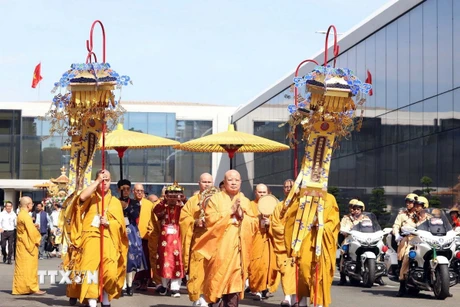

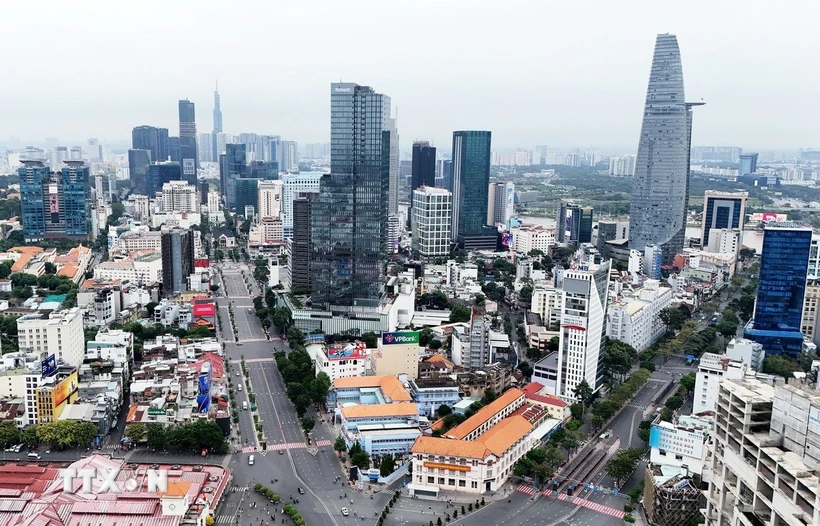

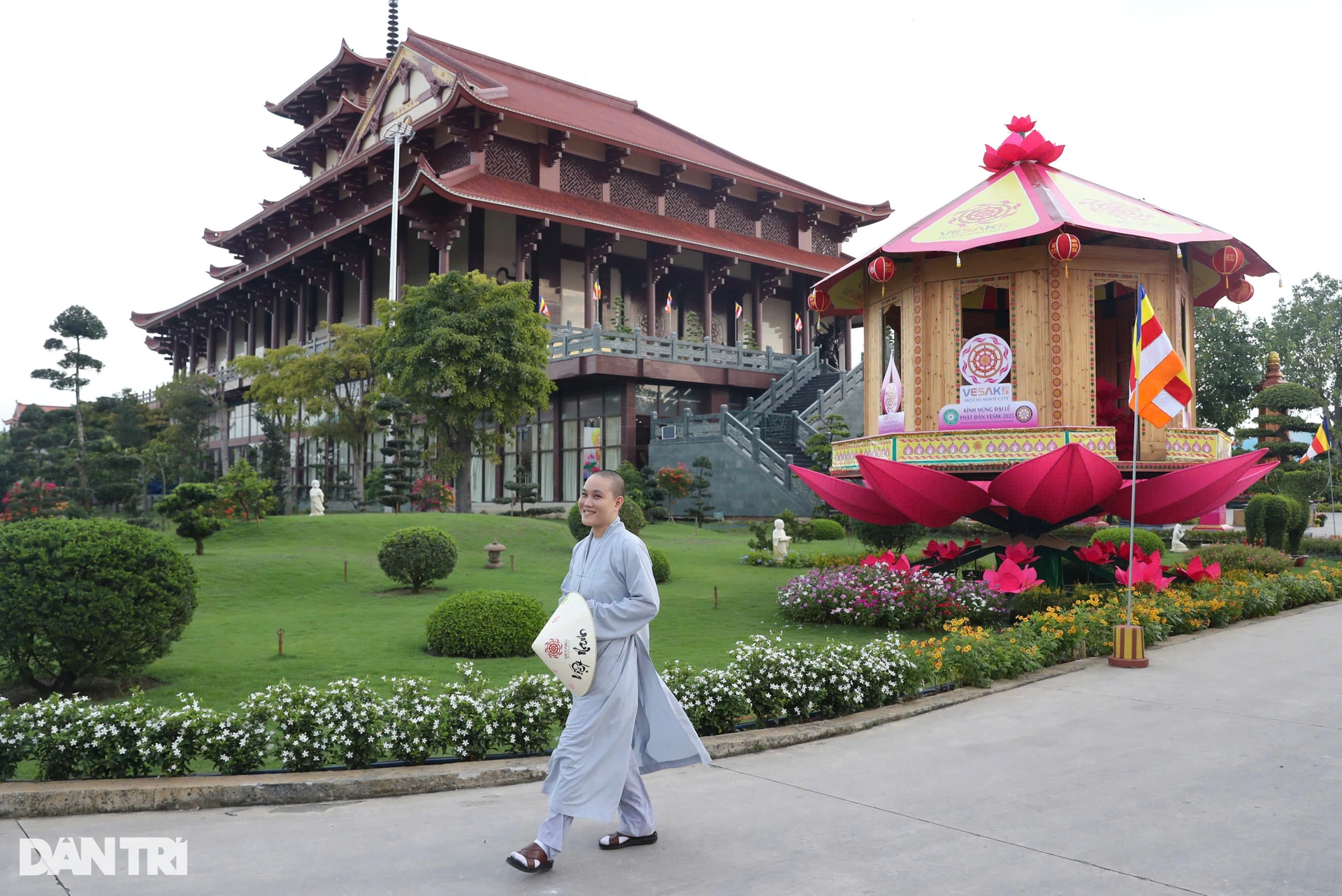
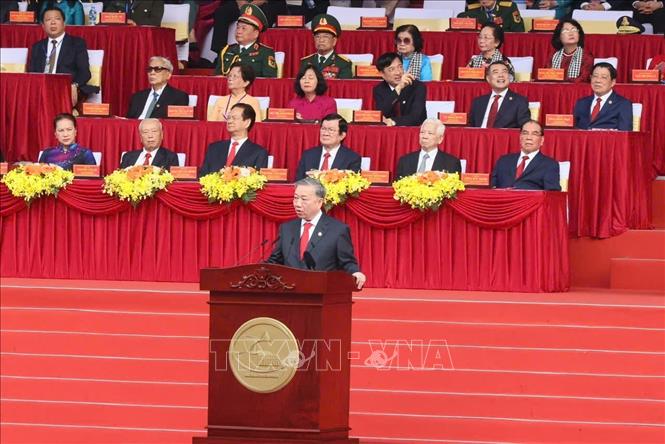







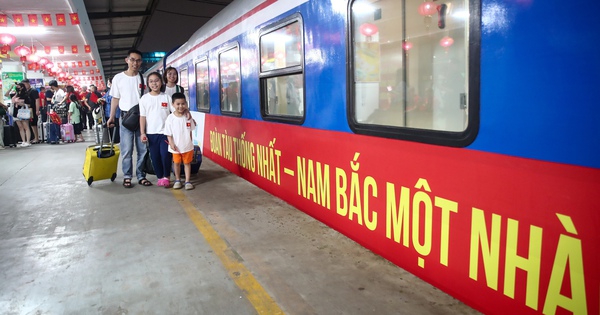
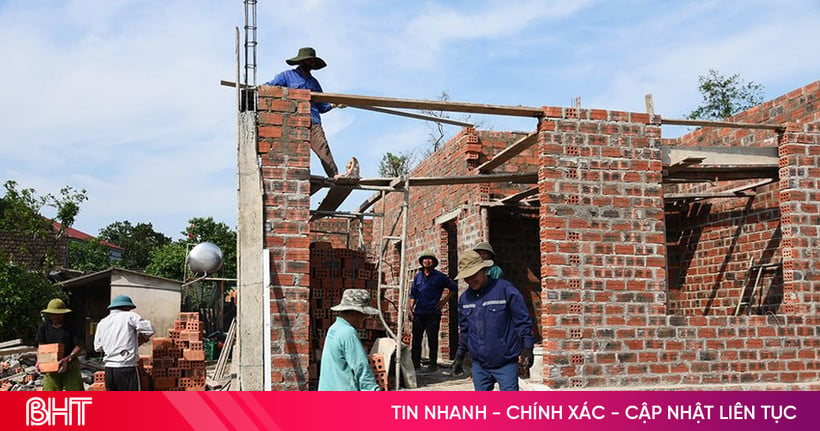

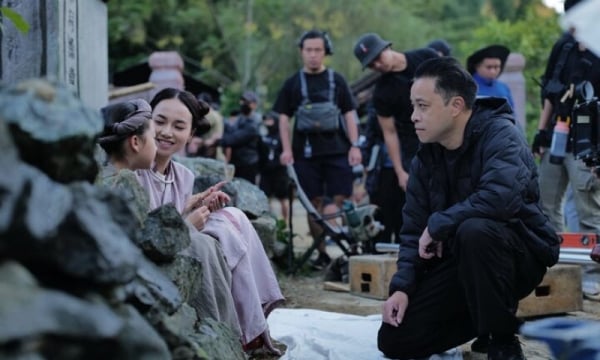
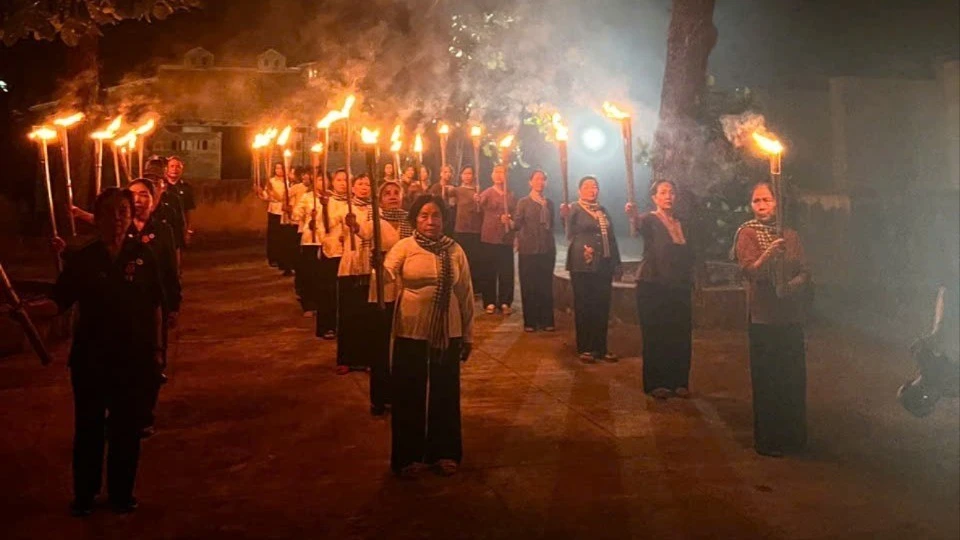

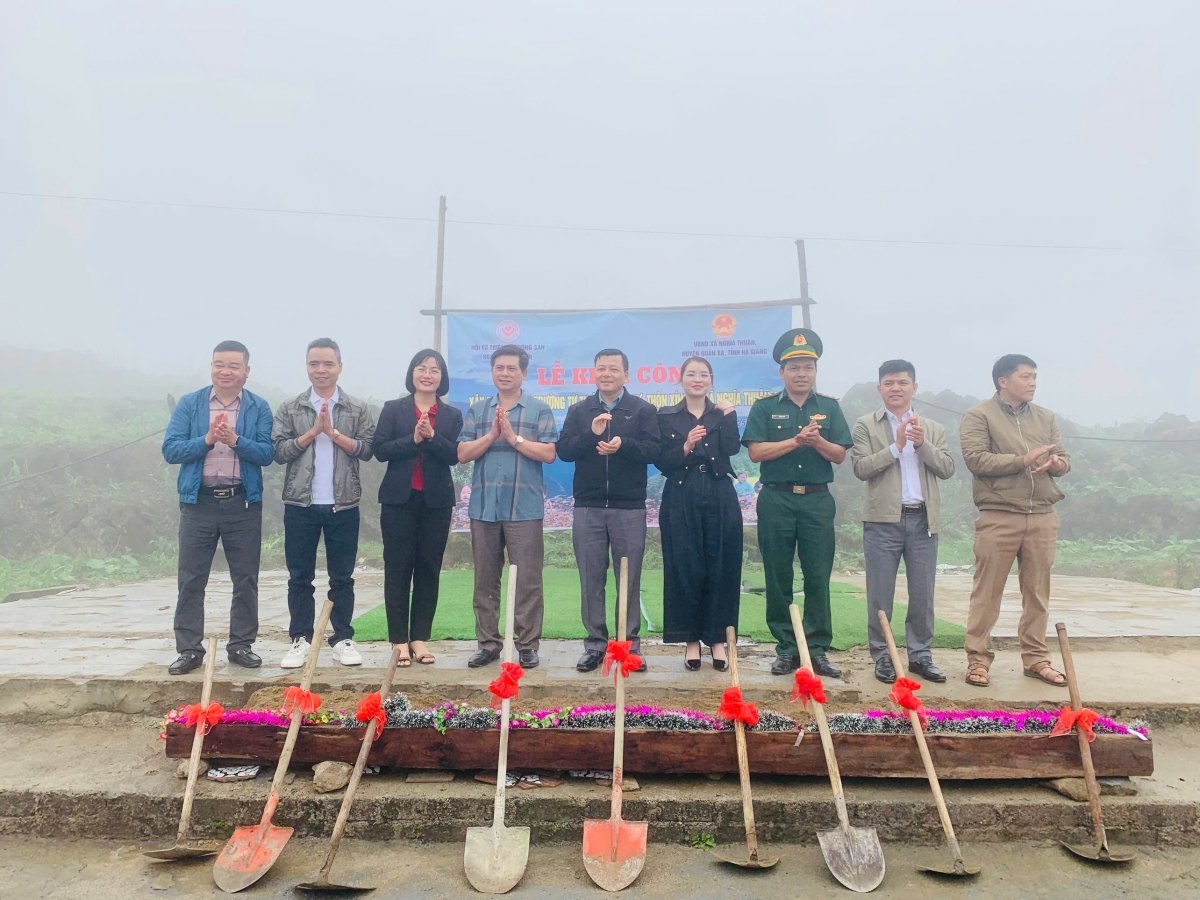



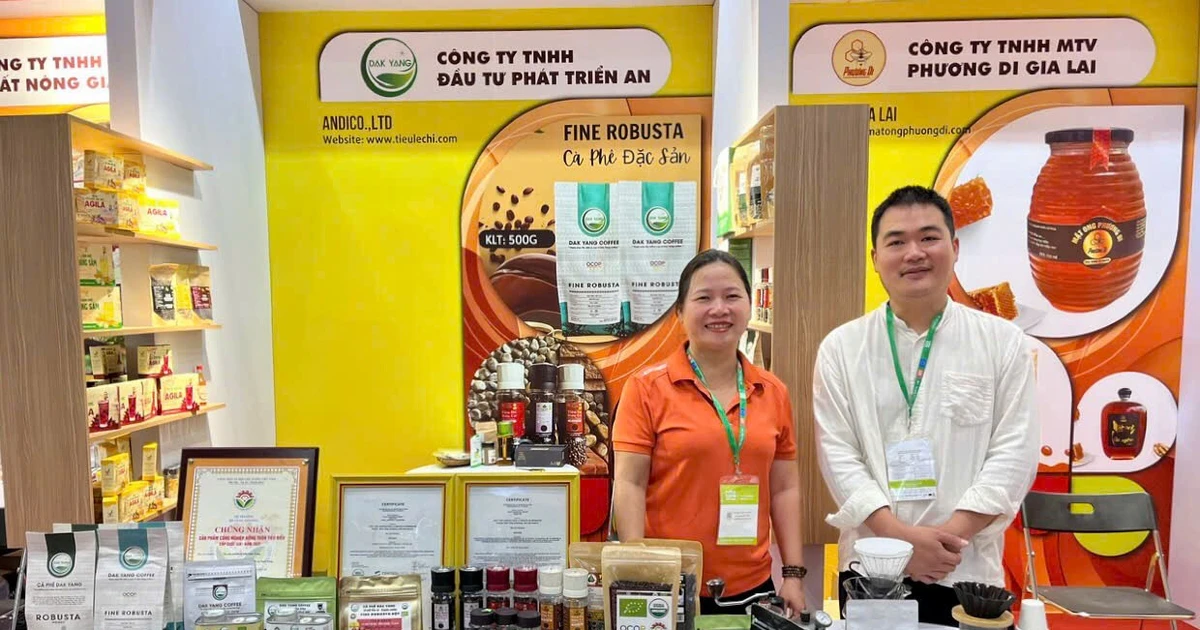

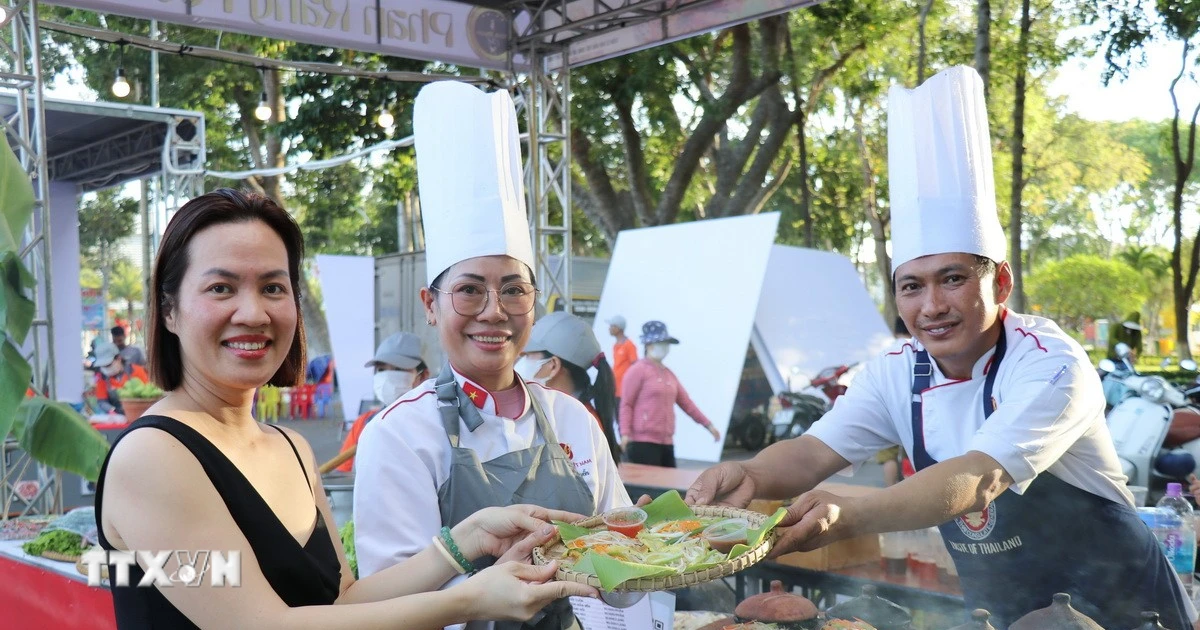



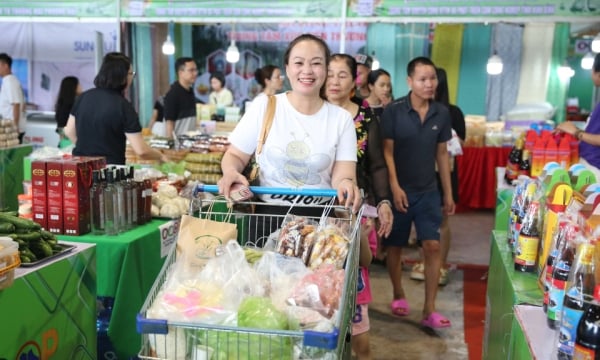
Comment (0)